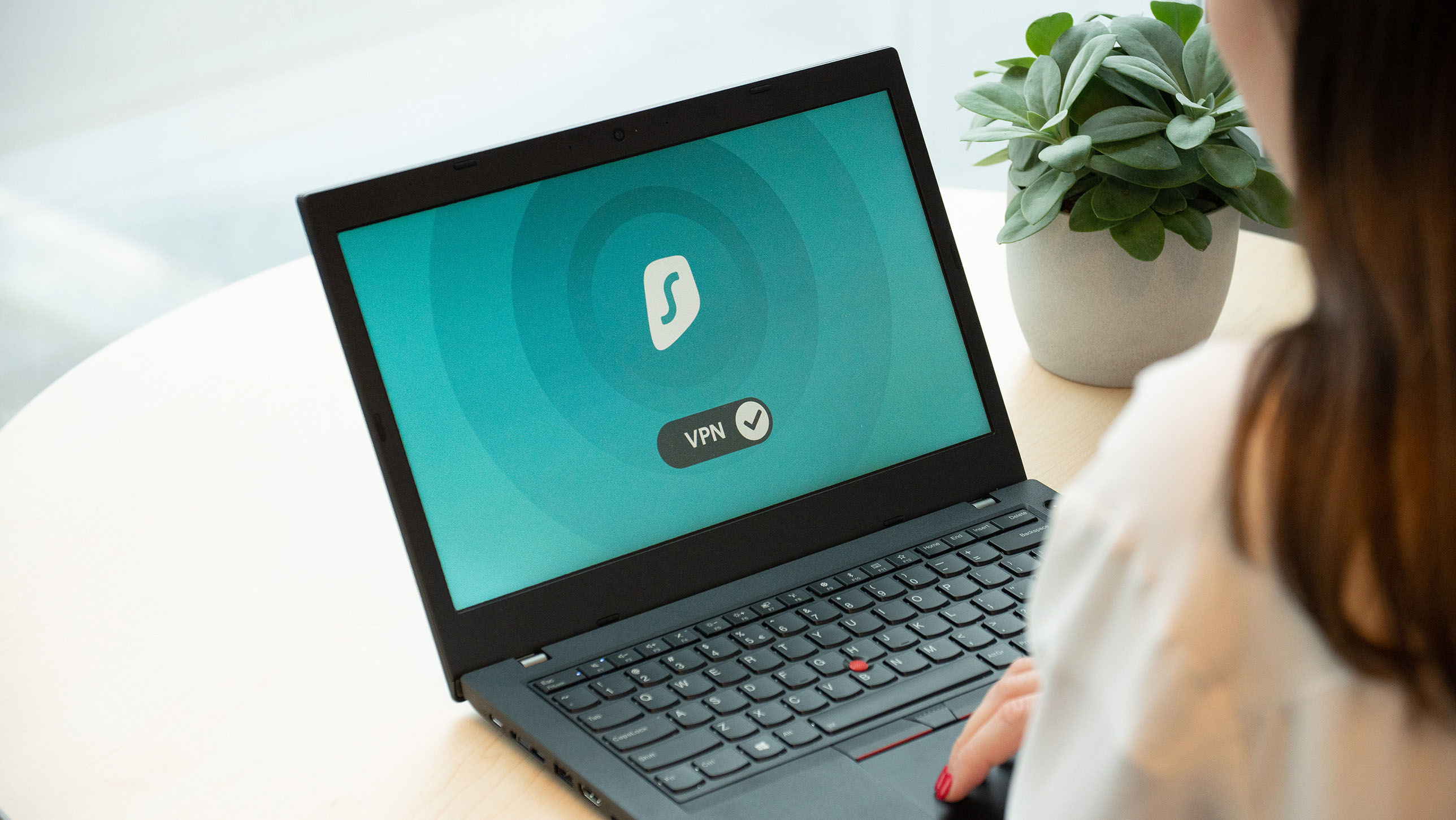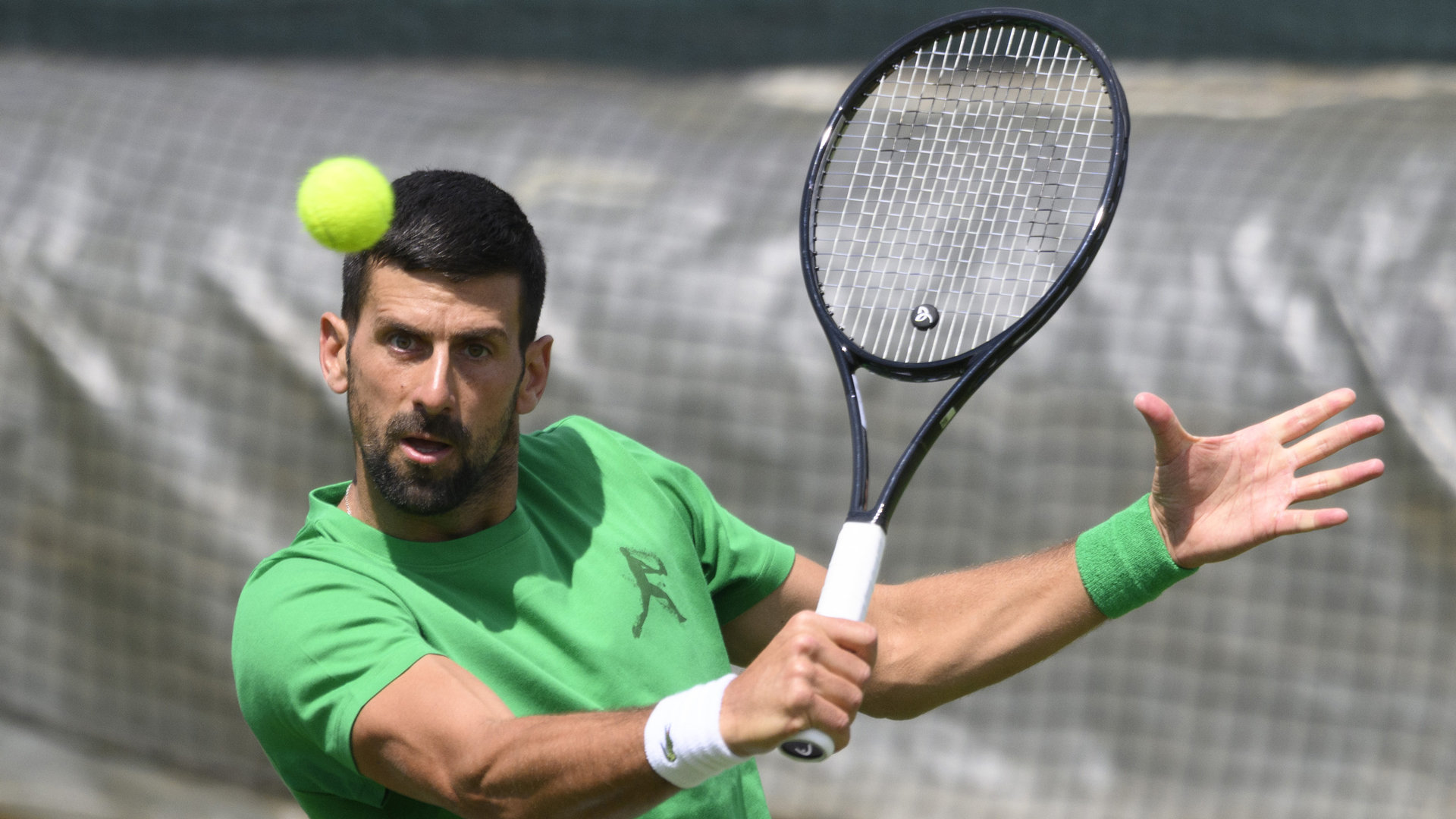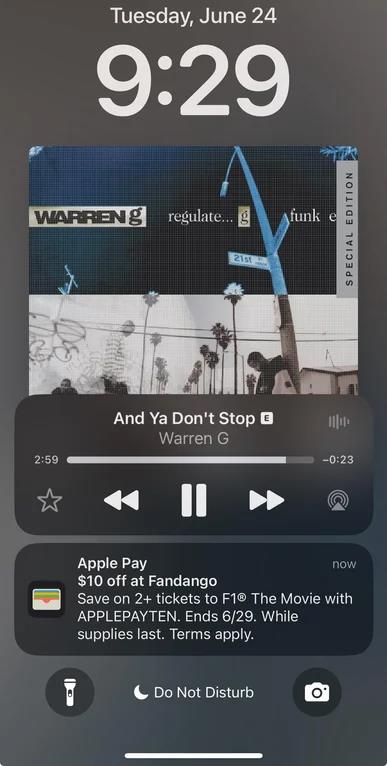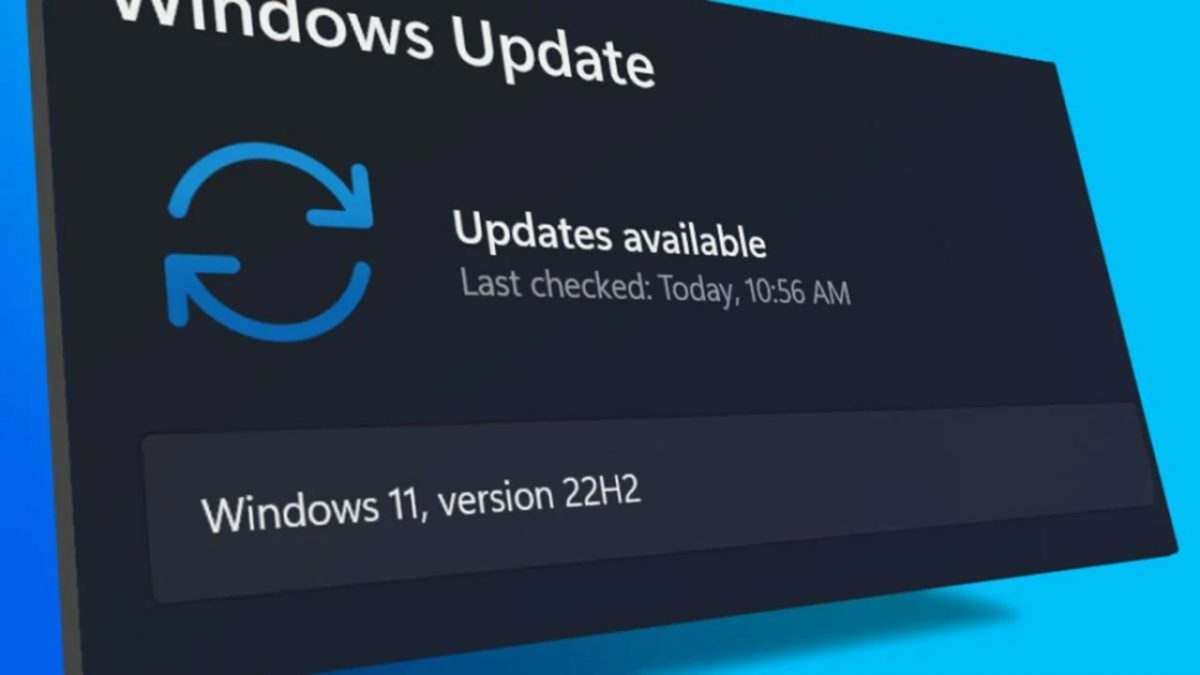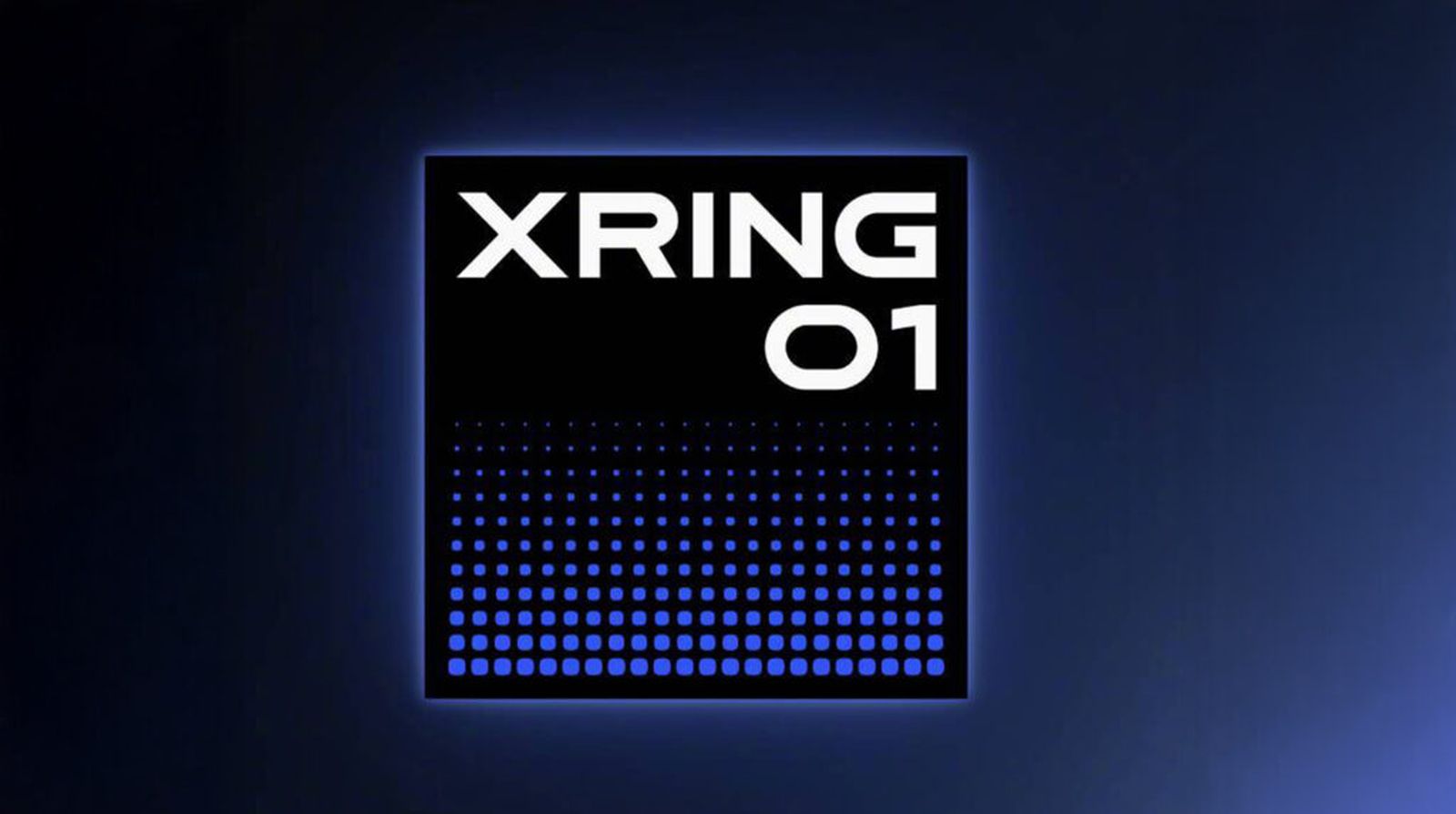€850K IPTV Piracy Haul Ends in 4+ Years in Prison & 6,000 Users Facing Fines
Last month, Italian authorities issued fines to more than 2,200 subscribers of a pirate IPTV service busted in October 2024. Another service, Italia TV, was dismantled last December and its main operator has just been sent to prison for 52 months. For the service's 6,000 subscribers, news that an additional prosecutor has been working to identify them is a negative. In Italy, similar cases appear to be backing up. From: TF, for the latest news on copyright battles, piracy and more.

 Selling pirate IPTV subscriptions has always been illegal and after the EU’s top court confirmed as much in 2017, consuming unlicensed content is illegal too. Nevertheless, these offenses are typically treated differently.
Selling pirate IPTV subscriptions has always been illegal and after the EU’s top court confirmed as much in 2017, consuming unlicensed content is illegal too. Nevertheless, these offenses are typically treated differently.
Once identified, those who operate or sell access to illicit services are unlikely to get a free pass. Yet subscribers to those services have almost always walked away completely unscathed.
Limited Time For Success
The difference isn’t just about supply being more serious. Since fines and similar measures punish those directly responsible for those alleged lost sales reported so often, a successful outcome necessarily means getting those same people back on side and spending money.
Picking the right cases from which to harvest subscriber details is also important; a case concluded in Naples recently could hardly be more perfect.
Dismantling Italia TV
In December 2024, a popular IPTV supplier was shut down following an investigation by the Guardia di Finanza of Naples in collaboration with the Technological Fraud Unit of Rome. Alleged ringleader Cristian Fidato, 23, was reportedly responsible for sourcing the illegal content, with new clients onboarded by two colleagues, Ukraine-born Anatoliy Perrotta, 30, and 44-year-old Fiorino Della Corte.
The investigating judge found that Italia TV had around 6,000 subscribers, mostly in Campania in Southern Italy, but also in countries elsewhere in Europe, including Belgium, Switzerland, and Latvia. The IPTV platform’s servers were close to hand in Naples itself, at least until they were seized by the financial police and taken away for investigation.
Major Rightsholders’ Content
As a provider catering to mainstream demand, Italia TV offered content from the major Hollywood studios, Netflix, Disney+, and Amazon Prime, plus Sky and DAZN which offer live sports, including all-important Serie A football matches.
Even before the raid, investigators at the Guardia di Finanza had reportedly blocked 19 sites that worked as a redirect mechanism for Italia TV, before adding another 25+ later to finish the job. Those who previously made it through became subscribers after making payments to bank accounts in Italy and beyond.
Early estimates suggested that Cristian Fidato opened around 32 accounts, sometimes under false names including “Gennaro Maddaloni”, variously claiming to be a student supported by his parents according to one report, or self-employed according to others.
Fidato allegedly claimed to have a nine-figure income but for tax purposes, nothing was reported to the state. Over four years of operations, Italia TV packages covering movies, TV shows and live sports, were available for €80 per year, generating an estimated €850,000 in revenue.
Lots of Powerful Hardware, Neatly Arranged
Around a third of the service’s subscribers (2,000) paid using cryptocurrency, which landed in dozens of wallets, all of which were identified by law enforcement. Italia TV’s interest in crypto went further than that, however.
After the raid in 2024, descriptions of the provider’s server room and reports of a possible crypto mining operation, remained just that. The usual images of servers and other hardware weren’t part of the package released to the media, but a little digging online more than makes up for their absence.
Showcasing everything from RGB-loaded gaming PCs and multi-GPU crypto mining rigs, to sundry servers and other hardware with less obvious tasks, TikTok was the platform of choice for Italia TV’s ringleader.

While in many ways typical of operations dismantled in the past, Fidato had a disturbing sideline business running in parallel.
Investigators discovered 1,600 CSAM images and videos which Fidato had been offering separately via WhatsApp groups, reportedly for the equivalent of pocket change each. Police also found an indoor area equipped with lighting and an irrigation system used for the cultivation of cannabis.
Sentenced: Four Years and Four Months in Prison
Fidato and Anatoliy Perrotta opted to have their cases handled under the abbreviated procedure. This means that the court makes a decision based purely on evidence obtained during the preliminary investigations. Less resources are expended getting a case to trial and once there, trials are wrapped up more quickly. In return, defendants typically get a one-third discount on their sentence.
At the Neapolitan Court on June 16, preliminary investigations Judge Leda Rossetti issued the following verdict:
• Cristian Fidato: 4 years and 4 months in prison. Fined €22,000.
• Anatoliy Perrotta: 1 year and four months in prison (conditional/suspended)
A third defendant who pleaded guilty at an earlier stage received a one-year prison sentence.
Whether the affected rightsholders intend to pursue Fidato and Perrotta in a civil action for damages is still unclear. The fate of subscribers, meanwhile, appears to be headed in only one direction.
Subscribers Face Administrative Fines
As promised for many months, subscribers of Italia TV are now at risk of receiving an administrative fine.
Coordinated by Deputy Prosecutor of Naples Silvio Pavia and Deputy Prosecutor Alessandro Milita, it’s being reported that an investigation carried out by the Guardia di Finanza successfully identified more than 6,000 subscribers.
A La Stampa report (paywall) claims that according to its own investigation, some fines have already been sent out with some recipients paying the amount requested. The report makes no mention of the all-important fine amount, instead citing the range expected under law; a minimum of €51.33 for a first offense up to the repeat offender maximum of €5,000.
There are no reports of unexpectedly large fines in the initial batch sent out last month to 2,282 subscribers of a different service, so it’s likely that broadly the same parameters, whatever they are, will also be applied here.
Opinion: Punishments and the Long-Term Objective
In light of Cristian Fidato’s fine of just €22,000 for running a service, the theoretical maximum of €5,000 for viewing offenses seems somewhat disproportionate. Anatoliy Perrotta’s sentence, which carries no fine at all, raises the possibility of viewers being fined more than a person directly profiting from exactly the same platform.
Nobody will relish receiving a fine in the mail, which is the entire point of sending them. However, considering the long-term goal, perceptions of fairness could come into play at some point, adding another complication to an already risky strategy of using force against former and potential customers.
To be considered a success, fines need to do just enough to turn pirates into subscribers without destroying existing goodwill; limited damage is already inevitable.
Italian football clubs and their partner broadcasters currently have no other rightsholders to hide behind, but with the authorities positioned to act as a punishment proxy, they may have already bought a little more time. But not much.
From: TF, for the latest news on copyright battles, piracy and more.
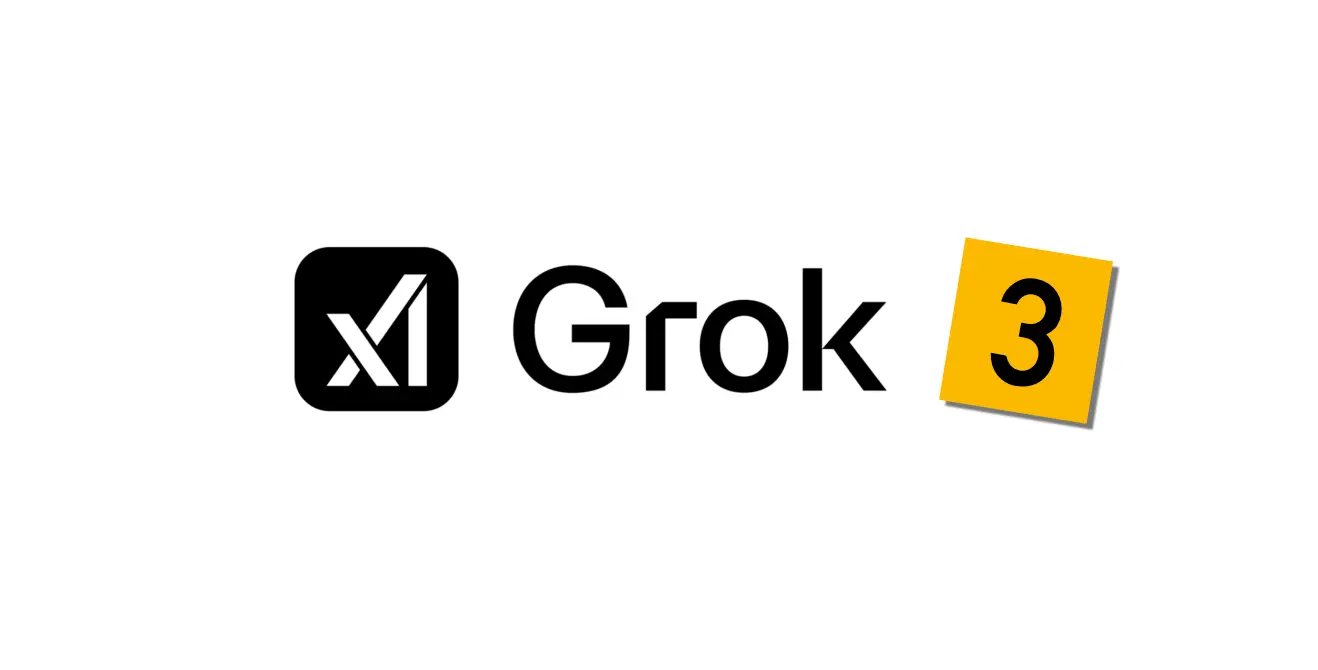
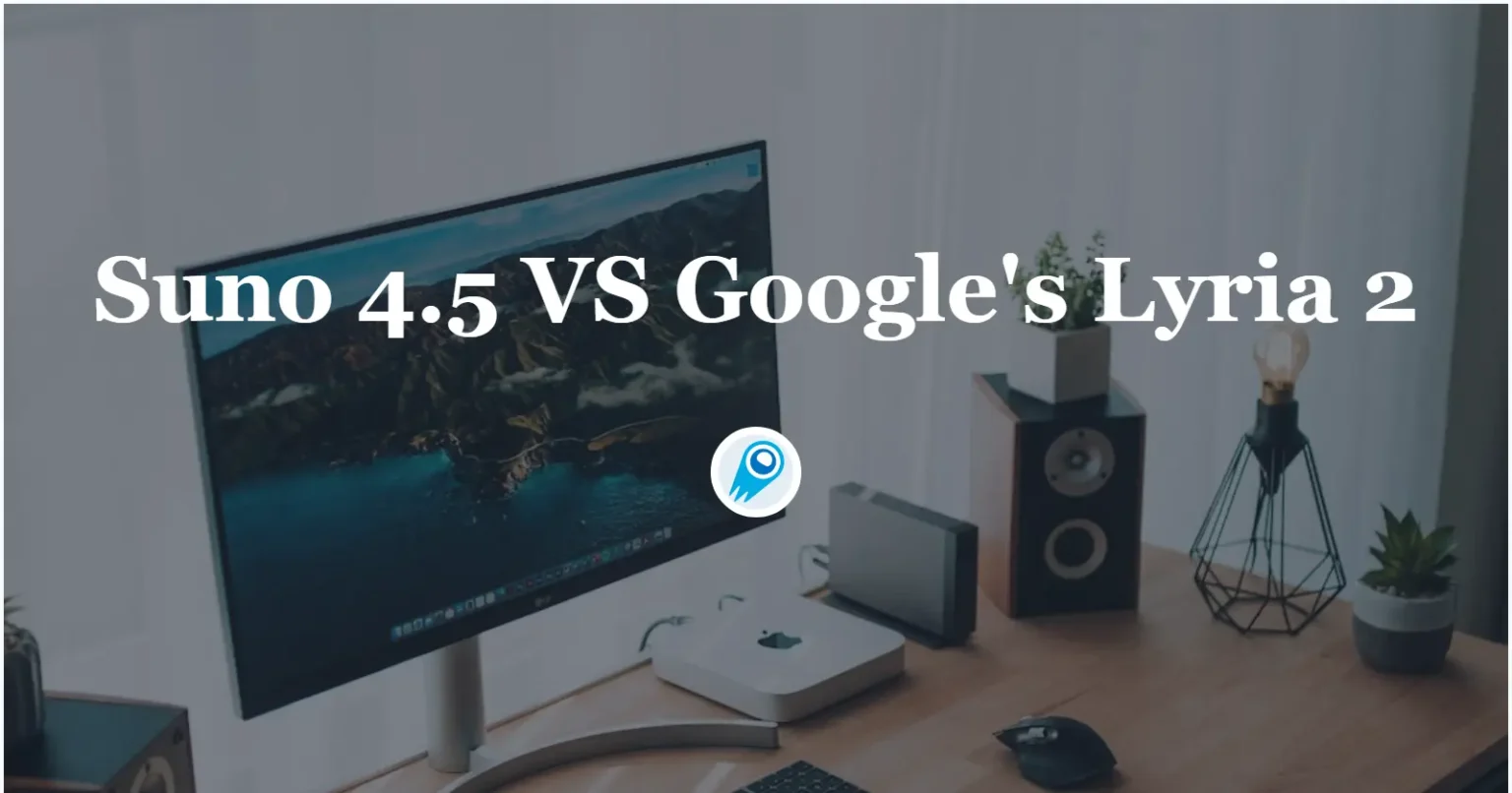








































































































































































![[The AI Show Episode 155]: The New Jobs AI Will Create, Amazon CEO: AI Will Cut Jobs, Your Brain on ChatGPT, Possible OpenAI-Microsoft Breakup & Veo 3 IP Issues](https://www.marketingaiinstitute.com/hubfs/ep%20155%20cover.png)











































































































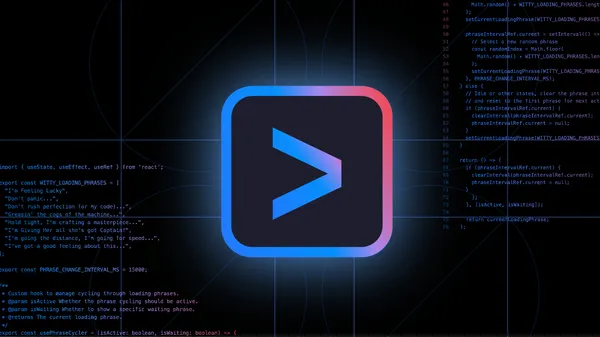
























































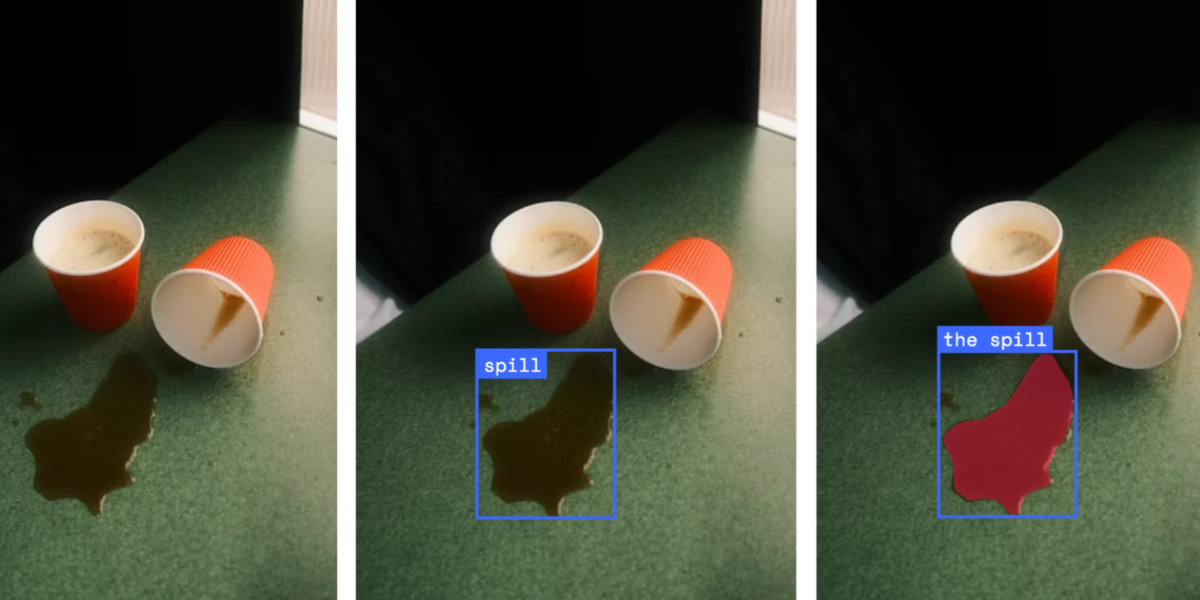



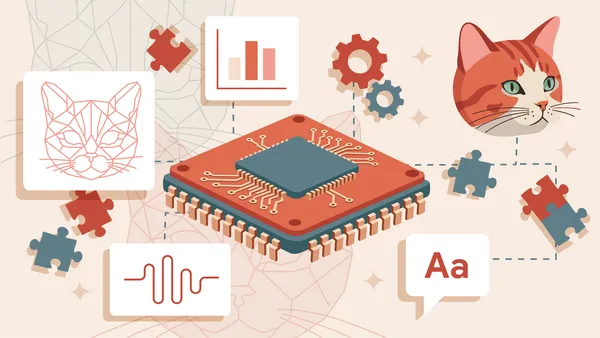

































































.jpg?#)






.png?width=1920&height=1920&fit=bounds&quality=70&format=jpg&auto=webp#)


















_Vladimir_Stanisic_Alamy.jpg?width=1280&auto=webp&quality=80&disable=upscale#)

_Design_Pics_Inc_Alamy.jpg?width=1280&auto=webp&quality=80&disable=upscale#)













































































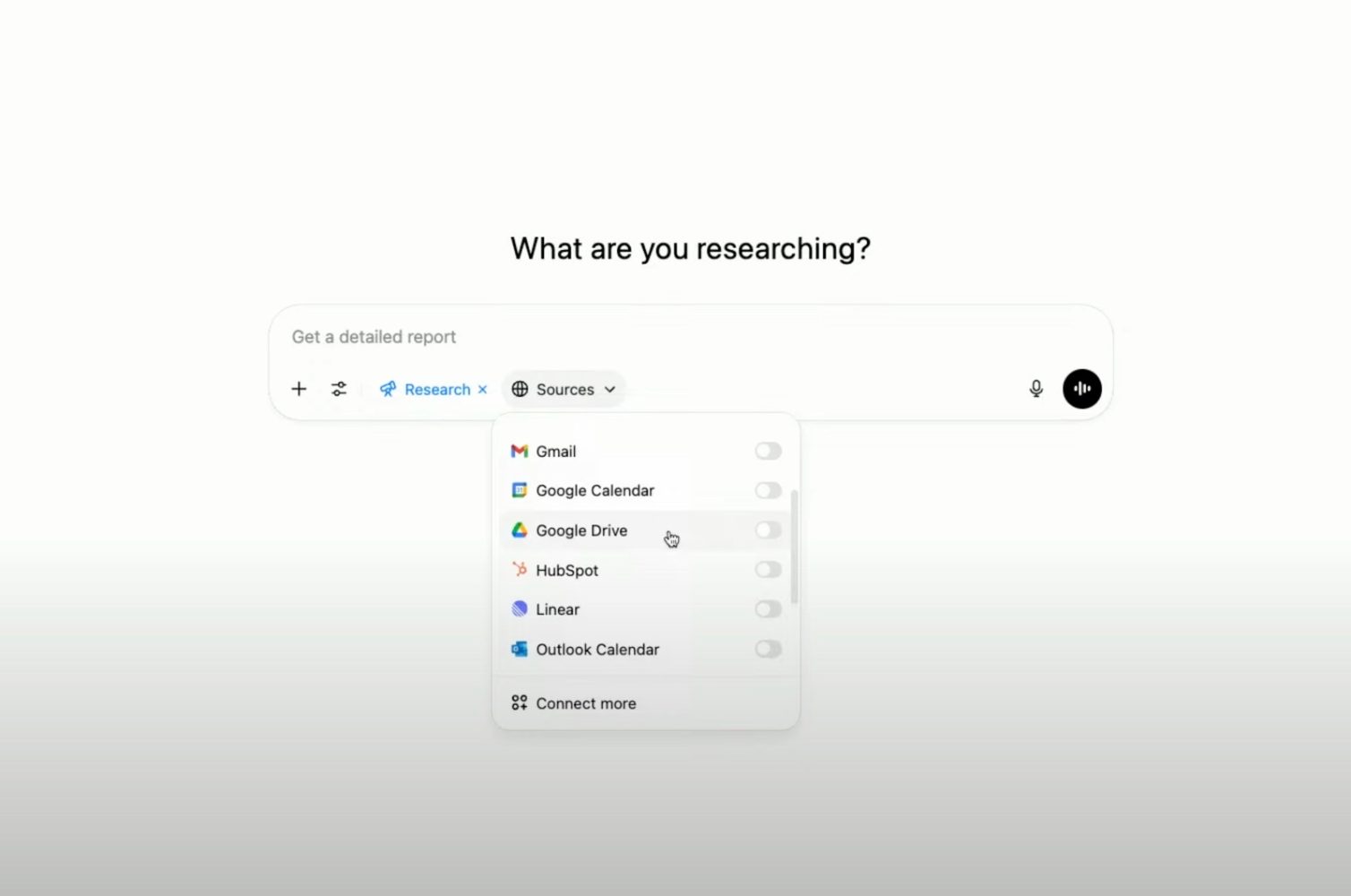














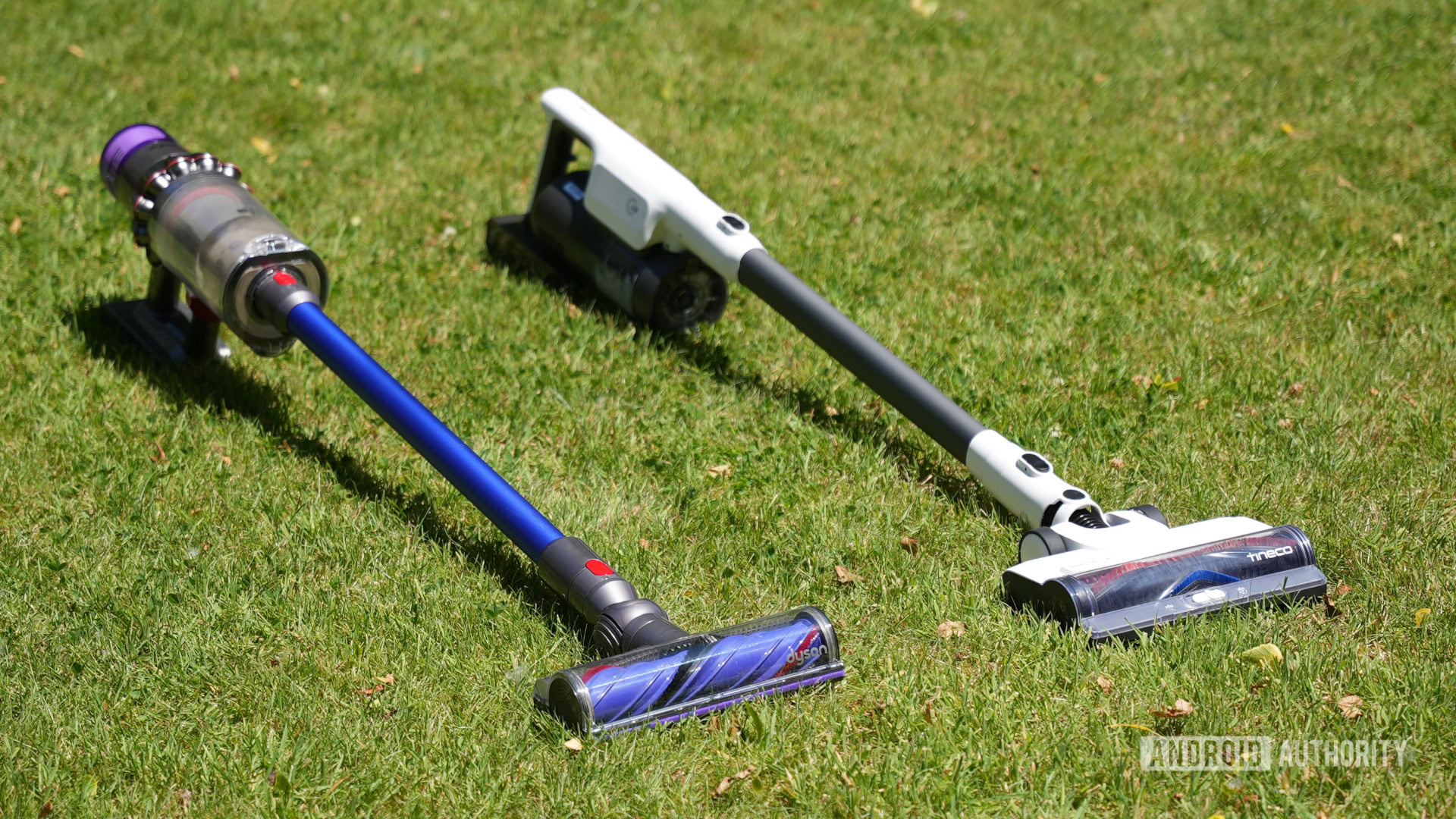







![Latest Galaxy Z Fold 7 leak leaves very little to the imagination [Gallery]](https://i0.wp.com/9to5google.com/wp-content/uploads/sites/4/2025/06/galaxy-z-fold-7-teaser-1.jpg?resize=1200%2C628&quality=82&strip=all&ssl=1)









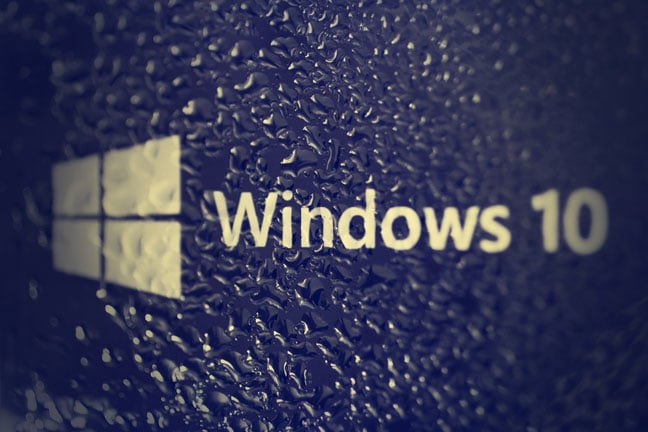



![Mercedes, Audi, Volvo Reject Apple's New CarPlay Ultra [Report]](https://www.iclarified.com/images/news/97711/97711/97711-640.jpg)

![Apple Considers LX Semicon and LG Innotek Components for iPad OLED Displays [Report]](https://www.iclarified.com/images/news/97699/97699/97699-640.jpg)


















